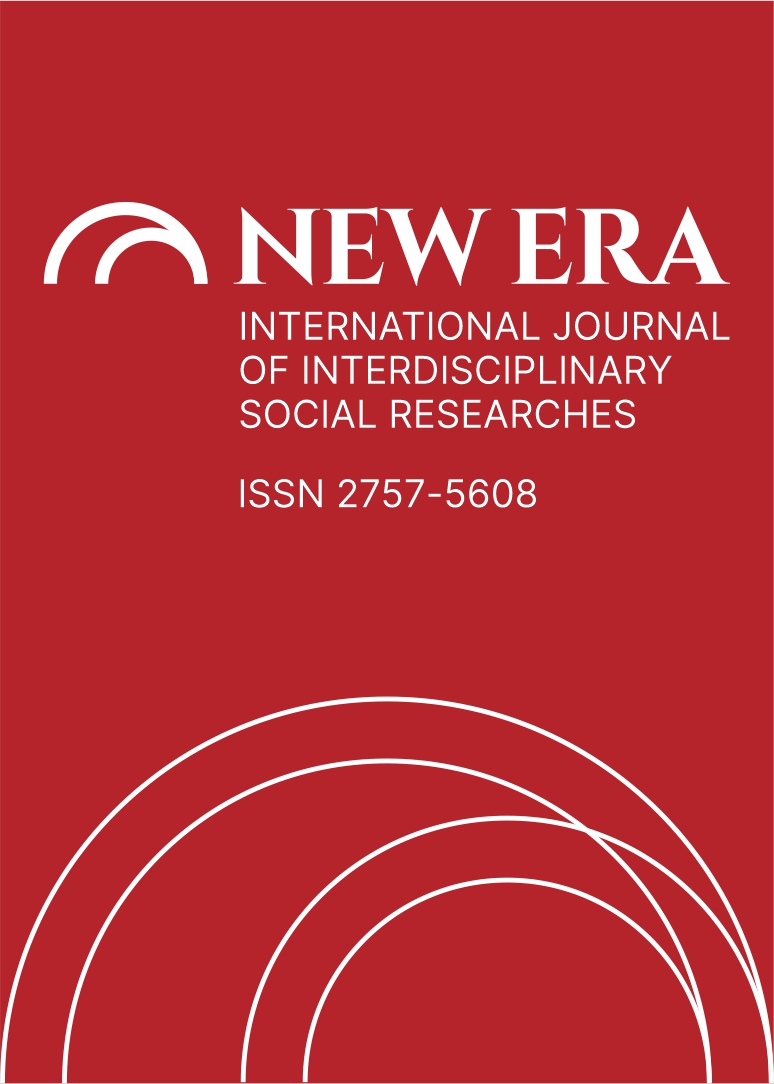INTERNATIONAL LEGAL CHALLENGES IN THE REFORM OF PENITENTIARY SYSTEM IN ALBANIA
DOI:
https://doi.org/10.5281/zenodo.8186452Anahtar Kelimeler:
1984, Civil administration authority, intra-group cooperation, Dependency, 3DÖzet
To make an objective analysis regarding how criminal sanctions actually executed in Albania, we have to deal with many components that have to do not only with the reading of laws and regulations applicable at this stage of the procedure, but the study also adopt EU & Hague instruments.
The albanian penal sanction such as criminal code- life imprisonment and the opportunities that International Court of Hague and EU reccomandation offer as an innovative escalation during a very difficult period.
It is always a matter related to critical reviews of legislation, how contemporary reality penal sanctions against persons convicted are according to the legal basis for the execution of criminal sanctions as well as relevant surveys conducted at institutions penitentiary in Albania in sveral circumstances.
Some reports are being monitoring the results of penitentiary system with the implementation of the suggestions of international partners; That’s for a reason that the Albanian law on the punishment of life imprisonment presents serious problems in the modalities of execution of the punishment, violating the right and fundamental freedom of man, that lives in liberty, and break up the Article 3 of the ECHR, which prohibits placing under cruel punishments, inhuman and degrading.Albania in these critical points lack improvements which we hope we can bring in your sight.
Referanslar
Constitution of the Republic of Italy, in force since 01.01.1948,Article 27 (2)
Council of Europe, , Rec (2003)23 of the Comittee of Ministers to member states on the management by prison administrations of life sentence and other long-term prisoners
Lotierzo, Rocco, (1998.pp 34) “Ne bis in idem: l`effete tipico della Res Iudicata penale”.Rome,Italy
North, B. (1996/2000): The development of a common framework scale of language proficiency. PhD thesis,Thames Valley University. Reprinted 2000, New York, Peter Lang.
Protocol 7 of the ECHR, Article 4/2
Quenk N.L. (1993) Beside Ourselves: Our Hidden Personality in Everyday Life, Palo Alto, CA, Consulting Psychologists Press Books.
Quenk N.L. (2000) Essentials of Myers-Briggs Type Indicator Assessment, New York, John Wiley and Sons.
Réglement de Procédure et de preuve de la Cour Pénale Internationale
Ranalli Daniela, “L` Ergastolo nella Giurisprudenza della Corte Europea dei Diritti dell` Uomo”, Italia, 2015 fq.1
Spanish Constitution, in force since 27 .12.1978, Article 25.2
Saucier G., Hampson S.E. and Goldberg L.R. (2000) “Cross-language studies of lexical personality factors”, in Advances in Personality Psycho-logy. Ed. by S. Hampson, Philadelphia, Taylor and Francis Inc., pp. 1-36.
Schein, J. (1974). Personality characteristics associated with interpreter proficiency. Journal of Rehabilitation of the Deaf,3,33–43.
Schleimacher, Friedrich (1838/1963). On the Different Methods of Translating, in André Lefevere (ed. & trans.) (1977) Translating Literature: The German Tradition from Luther to Rosenzweig. Assen & Amsterdam: Van Gorcum.
Seltz, A. E. (2001). Let the world be heard: Be an advocate forgood classroom acoustics.The ASHA Leader. 6, 4-5, 20.
Shuttleworth, Mark and Moiro Cowie (2007). Dictionary of Translation Studies. Manchester: St. Jerome Publishing.
Snell,HORNBY,Marym.Translation Studies, An IntegratedApproach.Amsterdam.
Statut de Rome, de la Cour Pénale Internationale
Internet web “Find Law for Legal Professionals” – http: www.caslaw.findlaw
İndir
Yayınlanmış
Nasıl Atıf Yapılır
Sayı
Bölüm
Lisans
Telif Hakkı (c) 2023 NEW ERA INTERNATIONAL JOURNAL OF INTERDISCIPLINARY SOCIAL RESEARCHES

Bu çalışma Creative Commons Attribution-NonCommercial 4.0 International License ile lisanslanmıştır.


